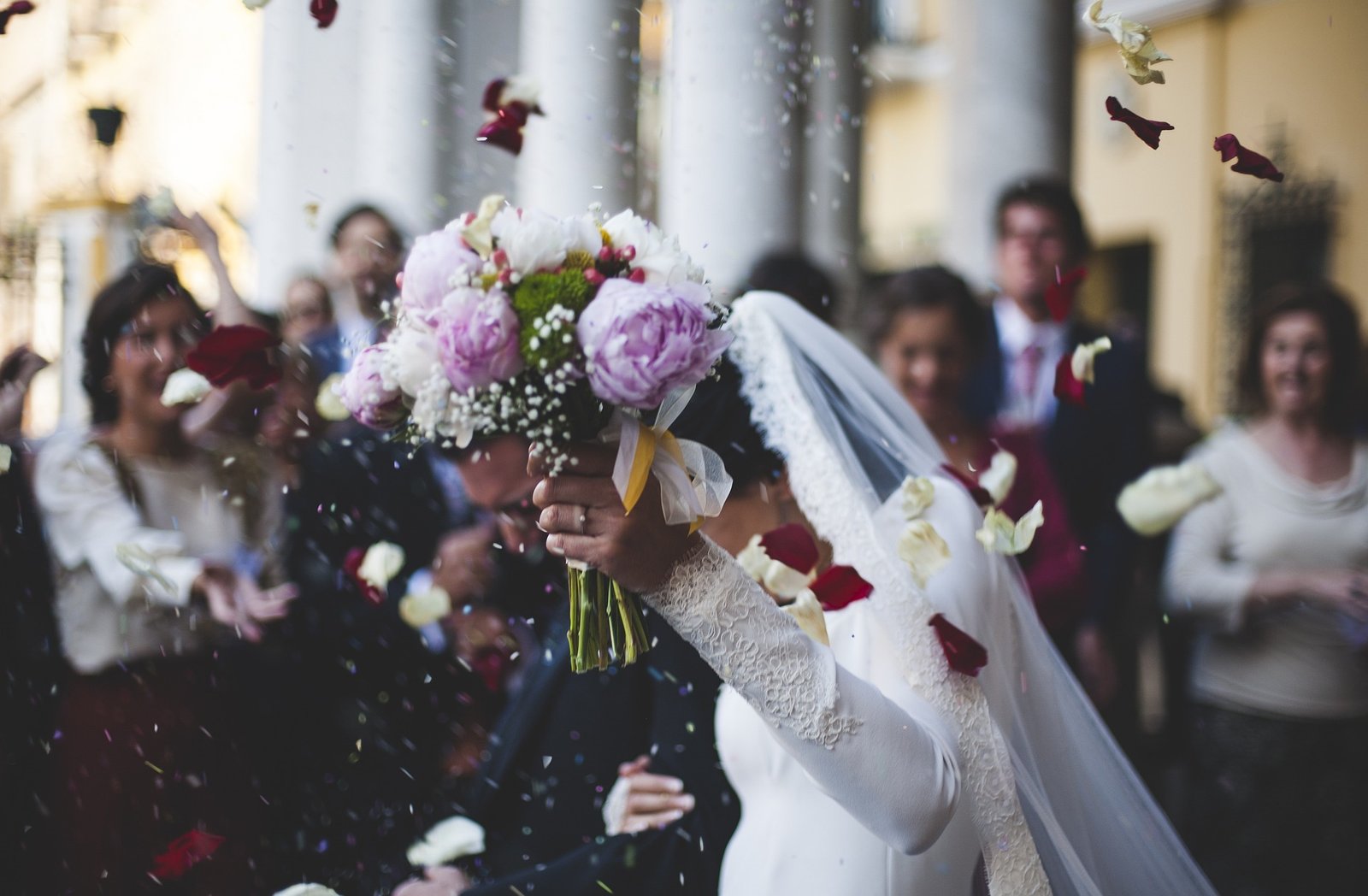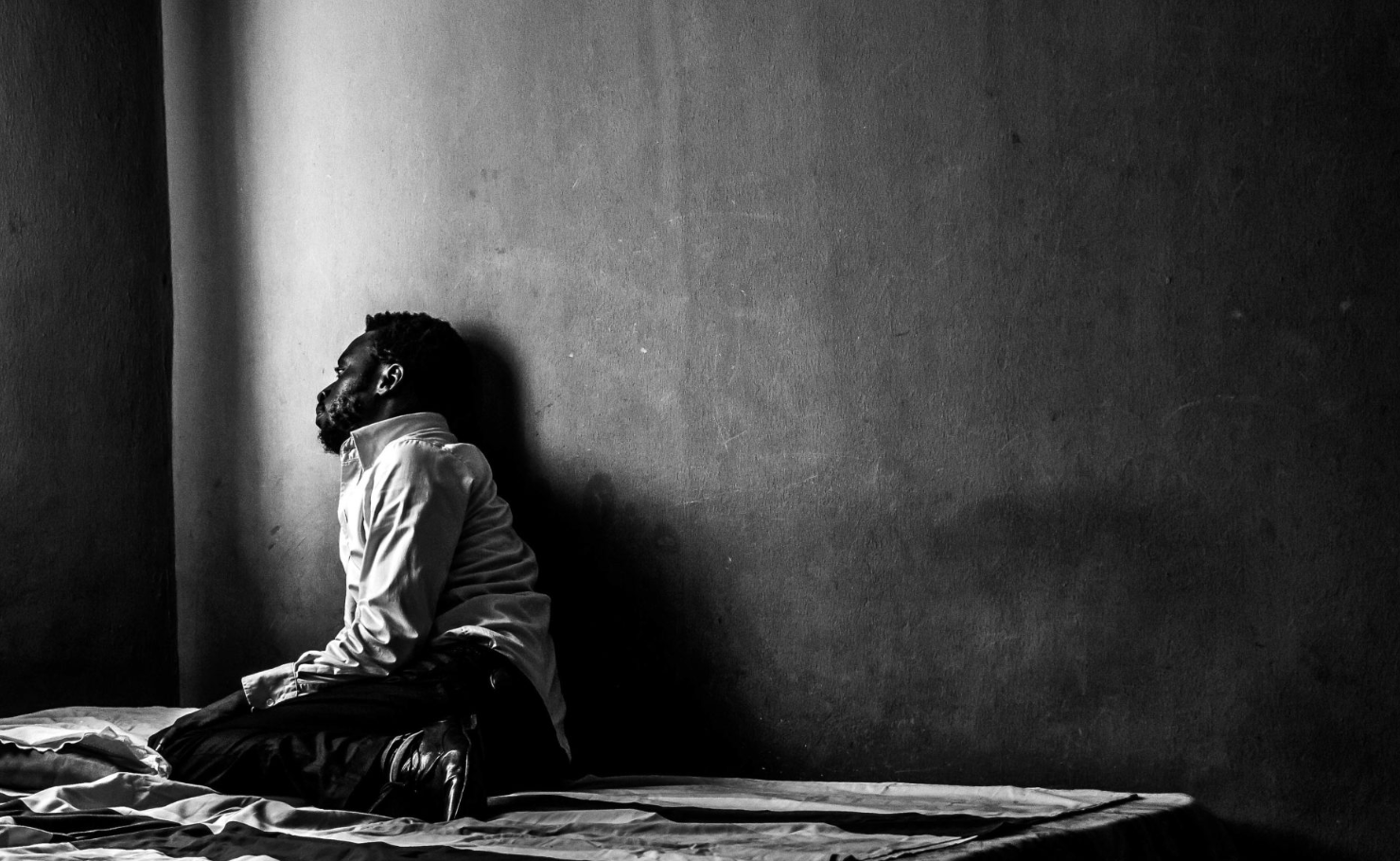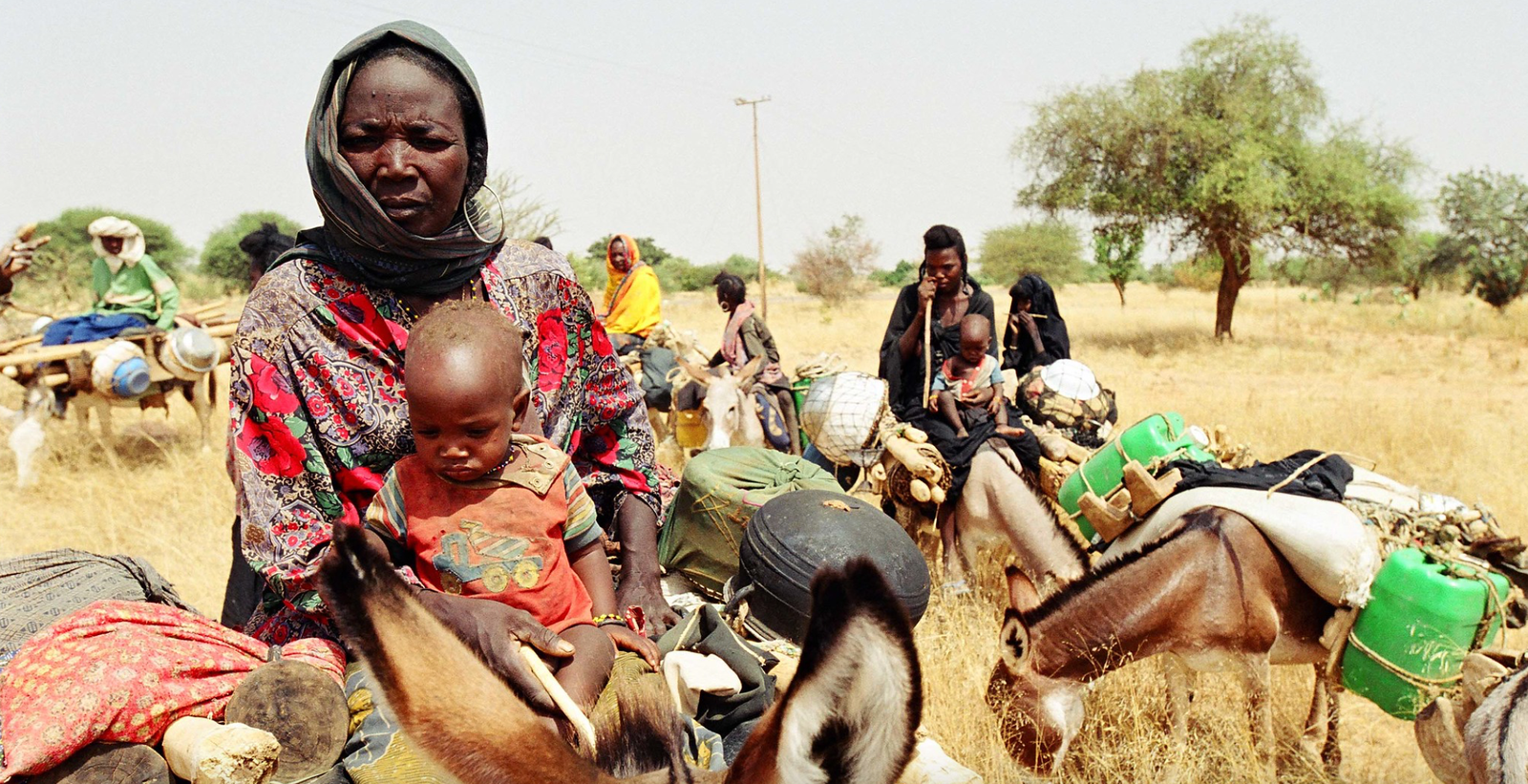Evolution of Marriage in Nigeria: Why Young Men Are Refusing to Tie the Knot

Marriage has long been a cornerstone of our societal stability in Nigeria. It is a prideful thing for families when their adult children get married. The norm in a typical Nigerian household is the patriarchal authority and filial duty. However, the increase in Westernization is challenging our traditional model. Young men are increasingly hesitant to take the plunge.
But what’s driving this trend? We are about to find out.

Challenges Facing Young Nigerian Men
Here are a few key reasons young Nigerian men are reluctant to get married:
1. Economic Pressures: Outside the social media bubble, Nigerians are experiencing a deep economic depression. With the high unemployment rates, low wages, and rising cost of living, many young Nigerian men feel financially unprepared for marriage. As we know, the traditional Nigerian marriage model places a significant responsibility on the husband to provide for his family.
Many young Nigerian men living in Nigeria are broke. So, how can a man whose next meal is not guaranteed happily decide to get married? What will he feed his family if he is struggling to survive? The overwhelming pressure is making it unlikely for young men to consider marriage.
2. The rise of homosexuality: Even though homosexuality is illegal in Nigeria, the change in social norms has given closeted gay men the wings to be themselves. In the past, they engage in vanilla marriages or get married to straight women as a cover-up. But now, they do not see the necessity of hiding. To some, this is wrong, but to me, it is a good move. An innocent woman shouldn’t be in a loveless marriage because a man is trying to cover his tracks.
3. Hook-up Culture: One of the things men used to look forward to in marriage was making love to their spouses, but men do not need to get married to have access to frequent and affordable sexual intimacy again. No generation is holier, but there was sexual decorum in the past. Meaning that people were doing wild things, and direct or indirect prostitution has always been a thing. The problem now is how it has been normalized and shoved into our faces daily. Social media has played a significant role in normalizing transactional sex. Do we blame social media platforms for the moral decline or the society that feeds the trend?
4. Rise of Individualism: With increased access to education, social media, and global influences, young Nigerians are becoming more individualistic. They prioritize personal goals, career aspirations, and independence over traditional marital expectations.
Young Nigerians are now less likely to seek marriage for financial or emotional support. Individualism can lead people to reevaluate traditional notions of commitment and marriage, seeking more flexible or non-traditional arrangements. An example is the baby mama and baby daddy culture. Men can continue their lineage while living alone, without the full responsibility of a traditional family.
5. Finding someone with the same values: Some Nigerian men struggle to find someone who shares their values, making it hard to build a strong, compatible relationship.
6. A Growing Divide in Nigerian Relationships:
It’s a bold statement, but I believe many Nigerian men and women have developed a deep-seated mistrust for each other. Under the guise of feminism and alpha male culture, some individuals are hiding their true feelings – misandry and misogyny.
As women’s rights gain momentum, and many women are dumping some traditional roles that do not serve them in this generation, men are hesitant to marry modern women. Many men seek traditional women who will cater to their homely needs, tolerate infidelity, and still subsidize them while they only provide financial security. Modern women desire equal partners who share household responsibilities, offer financial security while they save their money, and support their independence.
The reality is that both parties have become increasingly selfish and unprepared for the compromises that come with marriage. There’s pee in the dating pool.
7. Japa Culture: For some young men, the ultimate dream is to flee the country, so their current focus is to gather enough money to relocate to the Western world, not marriage.
8. Fear of Divorce: Nigeria’s divorce rate is increasing, and young men are hesitant to enter a marriage that could potentially end in divorce. It’s like a bad investment to them.
Redefining Marriage in Nigeria
As Nigerian society evolves, it’s time to rethink what marriage means to young people. To build stronger relationships, we should focus on:
– Nurturing emotional connections.
– Properly communicating with our partners to figure out what works for us.
– Managing finances wisely and planning for the future.
– Sharing responsibilities and decision-making in a way that works best for our homes.
– Embracing flexibility and understanding in our relationships.
Conclusion
If we reach a compromise and work together, we can create healthier, happier marriages that work for the new generation.
Article by Esther Omotola.





Apt
Marriage phasing out as a cornerstone of society to me is fine, we can build different ones
Lovely read,
Another reason i think is because the current generation doesn’t see marriage as a necessity or ultimate goal in life the way the previous generations did. Having a partner is not a requirement for a fulfilled life, but it is a nice addition, which i think is a lovely move.
Very valid points raised here. Both genders must be able to agree and be willing to make it work or else…we’ll keep having a high increase in dysfunctional families in the future.
Individuality, feminism, and alpha male culture, loss of values … those are the ones that stood out to me.
It’s sad because most men don’t see the need to. And most marriages nowadays are either out of pressure to settle down (by their gf’s or family members) or the fear of not leaving anything behind.
It’s usually supposed to be for companionship, but all that package can be gotten in a way from a gf now or someone else.
Nice read!
My thoughts on the whole thing…
The first point is fine, sure. Sapa is hitting everyone, others more so
That homo thing is just… not it. I agree its there, but its not as jaw droppinginly blatant as she calls it out to be. Yes the rise in free thinking has given people time to explore their sexuality, but not to the point that its a growing concern
The other points could be bundled up in a sense and I’d say it still stems to individualism and shared values.
Even with the marriage structure being, the major proponent in that is people realising that they don’t have to force themselves to love anyone or stay committed or struggle in a bad relationship just because of financial or future stability and can simply be themselves, stay non committal, and still get all the “benefits” marriage has to offer
No one would japa if the country was good, no one would fear divorce if they actually did have shared values and loved each other wholeheartedly
This insightful article sheds light on the multifaceted challenges influencing marriage decisions among Nigerian men. Understanding these factors is crucial for fostering societal support systems that address economic, cultural, and personal concerns, ultimately promoting healthier perspectives on marriage.